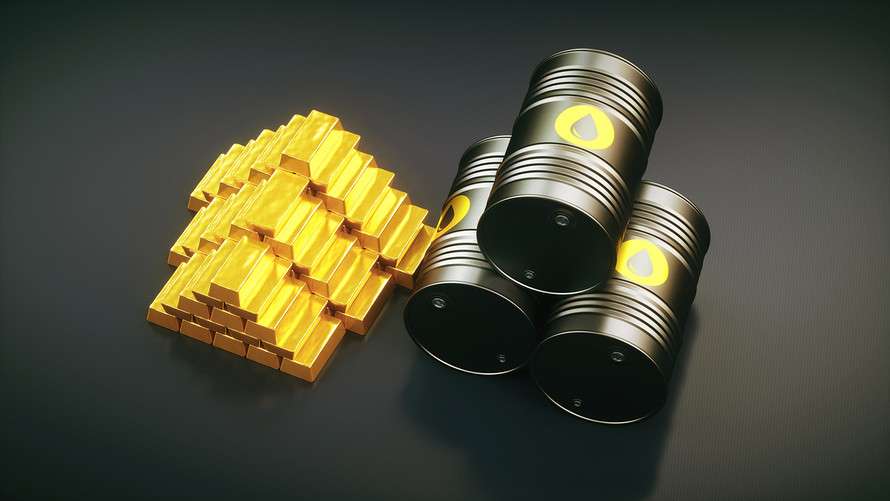The Bank of Ghana (BoG) has taken steps to provide importers of petroleum products with the required dollars to support their operations.
To this end, the central bank, sold $30 million to the Bulk Oil importers to finance the importation of petroleum products for the next two weeks. The big question is whether this move is sustainable for the economy and whether this move by the central bank will affect petroleum prices at the pump.
Adequate supply of dollars to the bulk oil importers have always played an important role in impacting prices of petroleum products. Limited supply had gone a long way to increase prices at the pumps.
The new development forced most of the Oil Marketing Companies (OMCs) to use forward U.S dollar rates in pricing of petroleum products, that is based on the projection that the Ghana cedi will depreciate going forward in the next two weeks but if they (the oil importers) do not have the required dollars handy, then, fuel prices at the pump will further increase.

However, some analysts have argued that with the prompt supply of dollars to these importers under the Gold-for-Oil Programme, the expected price reductions of the petroleum products could be sustained, maybe, for more than a month.
In a recent statement, the National Petroleum Authority (NPA) argued that they expect prices to witness a significant reduction in the month of March, 2023. This, the Authority is linking to the Gold-for-Oil Programme and improved dollar support coming from the Bank of Ghana.
The action by the central bank has also helped in stabilizing the Ghana cedi in recent times because it has reduced the demand for dollars in the main market, coming from the bulk oil distributors.
On their part, the Chamber of Petroleum Consumers (COPEC), projected that prices will come down beginning tomorrow, Wednesday, March 01, 2023. Based on its internal analysis, reduction in the price of petroleum products could impact the prices of goods and services, as well as, transport fares if it is sustained for a long while.
Meanwhile, the NPA has announced that all Oil Marketing Companies (OMCs) that purchase petroleum products under the government’s Gold for Oil Programme will be required to sign an undertaking to guarantee a reduction in their prices at the pumps. This is to ensure that consumers benefited from the Programme.
Gold for oil: OMCs to sign an undertaking
Mr. Abass Ibrahim Tasunti, Head of Economic Regulation, NPA, said, the Authority expressed optimism in the new arrival, resulting in a “minimal reduction” of fuel prices at the pumps, adding that as part of the implementation criteria, interested OMCs would be required to sign the undertaking. Companies that failed to comply with the agreed requirements would be sanctioned, he said.
“The discharge is complete, and the products are now about to go to the market. Definitely, it is expected that because the prices are a bit competitive compared to the other sources of import, it would lead to some minimal reduction. Prices are deregulated. So with this (the new take-ins) coming in, we have to monitor the prices of the OMCs that are lifting the product.

“The undertaking is being signed in all the terms and conditions to ensure that the requirements or guidelines the (OMCs) are supposed to meet, including the reduction in prices for G40 products are met.”
Tasunti
The Authority noted that this move would ensure that consumers felt the impact of the Programme in terms of a reduction in prices of petrol and diesel at the pumps.
READ ALSO: Ghana FinTech Startups Accumulates Almost $400m In 2022, Revenues Estimated To Reach $18.6bn by 2025



















